Doctoral Students Receive Prestigious New Scholarships
Interdisciplinary fellowships are established to span engineering, business, and medicine.
As Columbia Engineering continues to attract top student talent from around the globe, the School has established two additional fellowships to support graduate education in programs combining engineering and business and biomedical engineering.
Together, these programs—the Blavatnik Doctoral Fellows and the Cheung Kong Innovation Fellows—will enable PhD candidates with interdisciplinary projects to pursue innovative research.
Earlier this summer, the Blavatnik fellows were announced. The program is funded by a generous gift from entrepreneur, investor, and founder and chairman of Access Industries Len Blavatnik (MS’81) through the Blavatnik Family Foundation. The Foundation supports five doctoral fellows who are first-year PhD students engaged in research at the intersection of engineering and health.
Mary C. Boyce, dean of Columbia Engineering, noted the strong pool of contenders for the fellowship made possible by the Foundation. “We are deeply grateful to the Blavatnik Family Foundation and to alumnus Len Blavatnik for their support of interdisciplinary research that furthers our vision of Engineering for Humanity. And we hope both these programs will become a model for supporting unique research.”
The first Blavatnik Doctoral Fellows are:
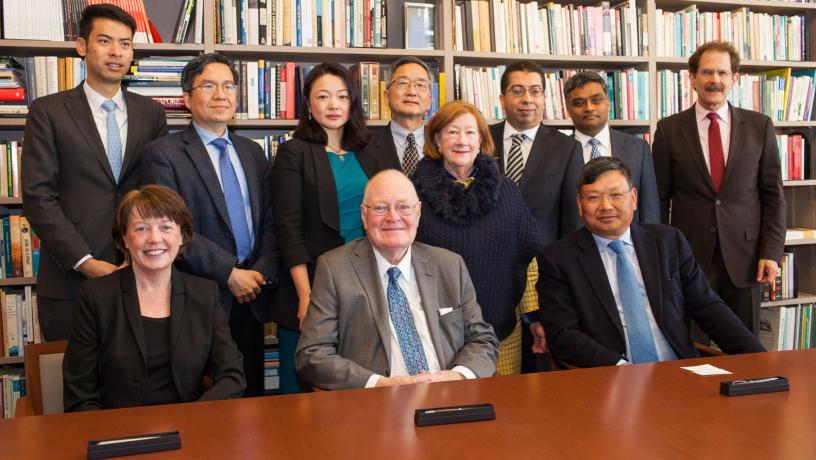
Representatives from Columbia University and the Cheung Kong Graduate School of Business met in 2016 to formalize a new partnership between the schools.
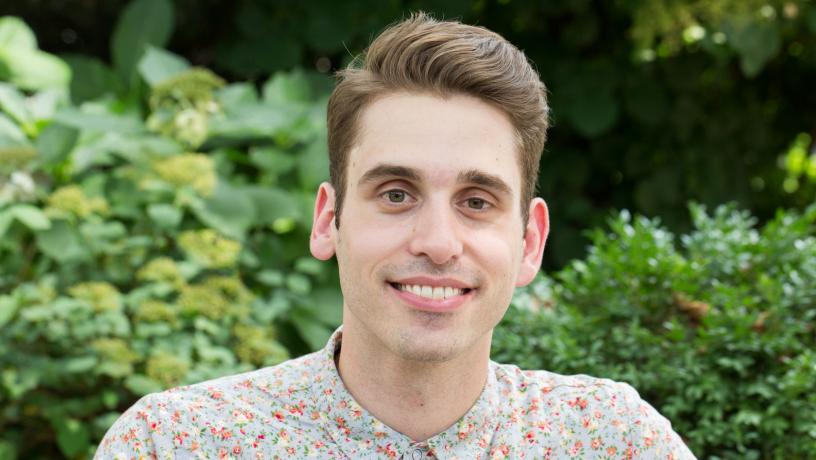
Ethan Bendau
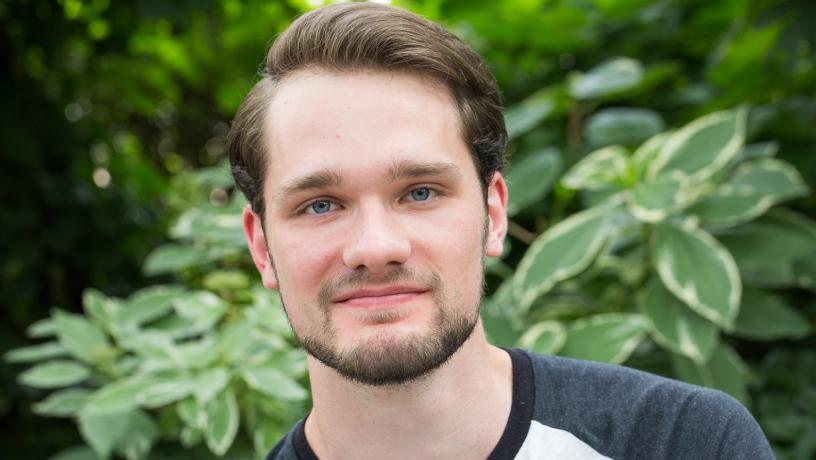
John Durel
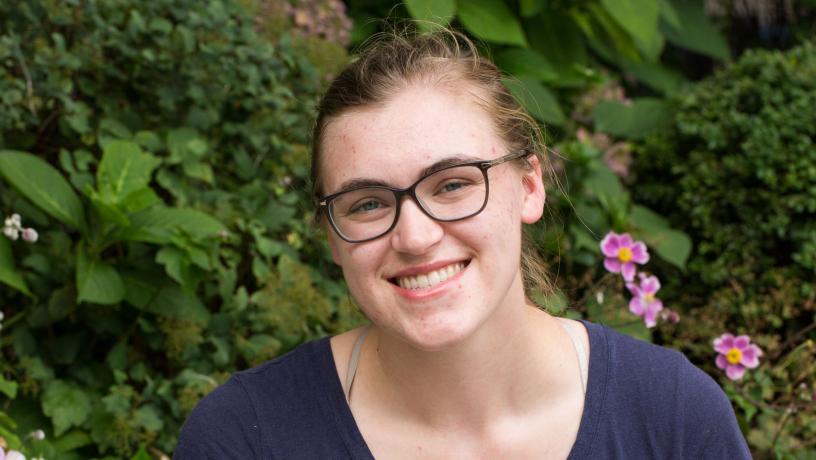
Erin Louwagie
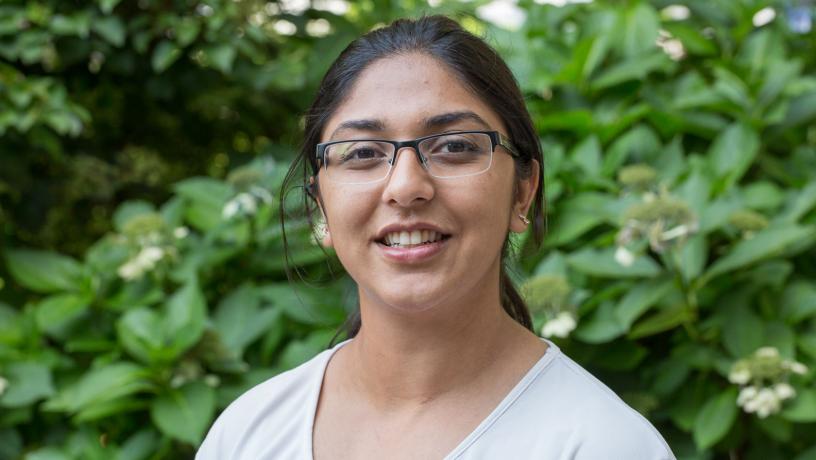
Sitara Persad
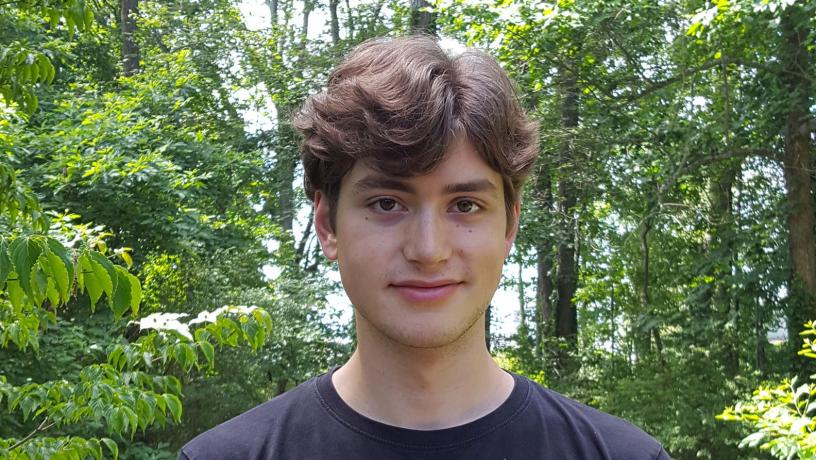
Caleb Tullass
Ethan Bendau, who will research biomedical optics as a graduate student in biomedical engineering
John Durel, also joining the biomedical engineering doctoral program, who will research diseased and healthy tissue environments in order to design and deploy novel interventions that harness natural tissues’ own inherent behaviors and properties
Erin Louwagie, who will continue her research in mechanical engineering, including work on assistive robots in modern medicine
Sitara Persad, who intends to conduct research at the intersection of computational biology and machine learning, particularly in Bayesian inference, in the computer science department
Caleb Tullass, who will join the electrical engineering and biomedical engineering departments to pursue his interests in mixed-signal circuit design, implantable devices, and neuroengineering
The Cheung Kong Innovation Fellows program grew out of a partnership between Columbia Engineering and the Cheung Kong Graduate School of Business (CKGSB), a Beijing-based institution partnering with top universities to offer unique programming in the Americas.
All five members of this program’s inaugural cohort are fourth-year PhD degree students. Four of them will pursue fellowship research in the industrial engineering and operations research (IEOR) department, and one will study in the computer science department.
David Yao, Piyasombatkul Family Professor of IEOR, who has been representing Columbia Engineering in the collaborations with CKGSB, said the fellows represented a wide range of opportunities for bringing together computing technology and business innovation.
“This is precisely the space where Columbia Engineering and CKGSB aim to explore synergy and opportunities,” said Yao.
Candidates for the Cheung Kong Innovation Fellows were nominated by Columbia Engineering professors who are mentoring their doctoral research. Fellows were then competitively selected from among 21 students who submitted proposals in the fields of AI, data and analytics, financial technology, and the new economy, including e-commerce and the sharing economy. The fellows receive full financial support for the academic year, covering tuition, stipend, and fees. The award is renewable for a second year, contingent on successful progress. The inaugural fellows are:
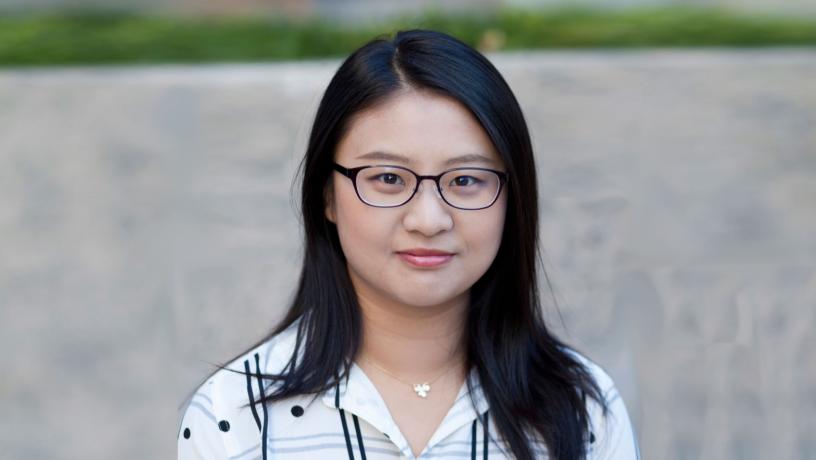
Yeqing Zhou
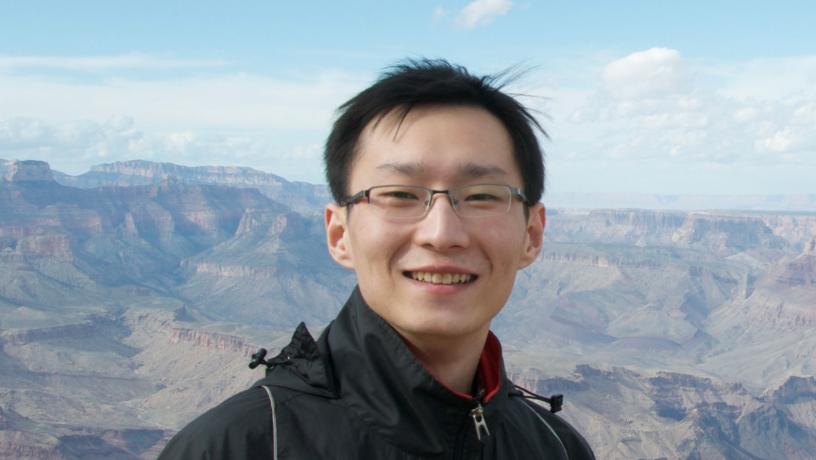
Ji Xu
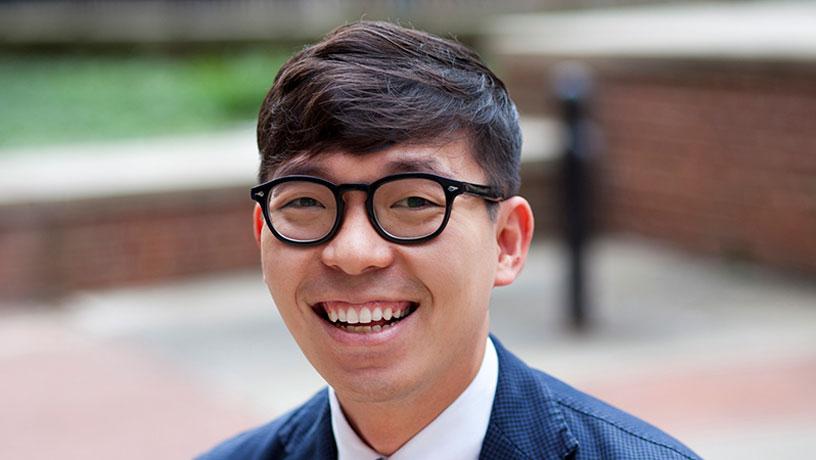
Min-hwan Oh
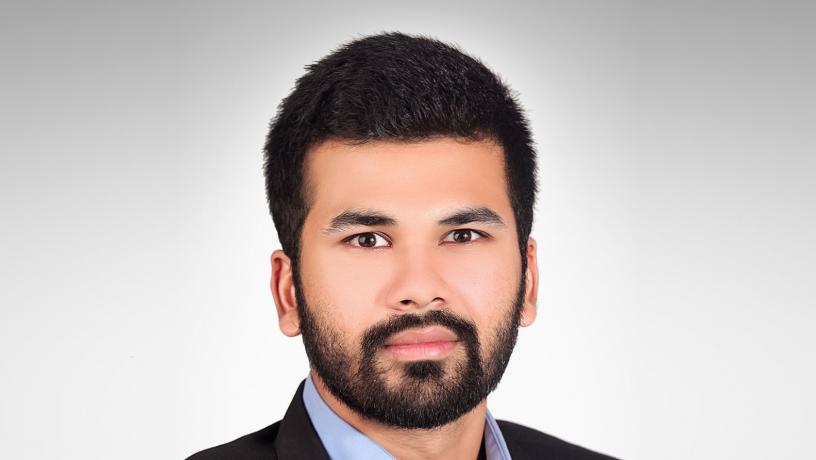
Raghav Singal
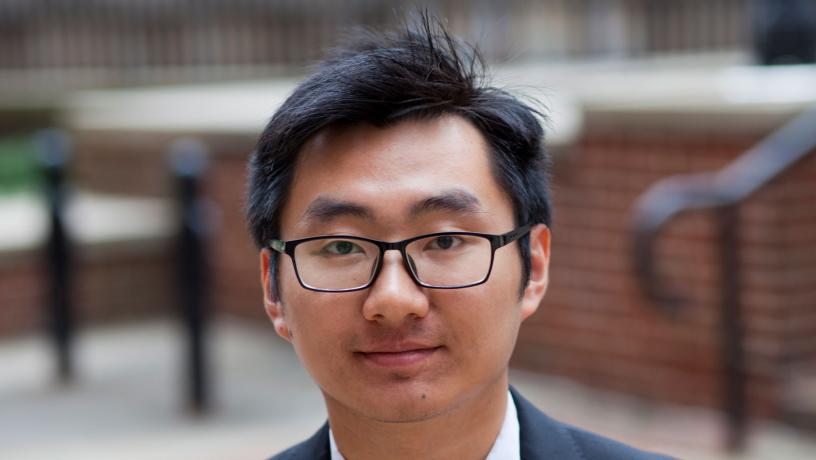
Lin Chen
Lin Chen, who will be investigating Nobel Laureate Harry Markowitz’s model of portfolio theory with the goal of extending it to become more robust
Min-hwan Oh, who will focus on efficiency in reinforcement learning, a field of machine learning that studies how an agent can learn to make sequential decisions in environments with unknown dynamics
Raghav Singal, who will research revenue management applications in e-commerce and attribution, one of the central questions in online advertising
Ji Xu, who will pursue doctoral studies in computer science, working to provide a deeper understanding of statistical machine learning algorithms that work well in practice but have been resistant to theoretical analysis
Yeqing Zhou, who will investigate how companies use e-commerce to control their supply chain and logistics by offering discounts, how limiting choice within a product range influences inventory costs, and how delivery-time windows affect cost
“Together, these doctoral students represent the next generation of Columbia Engineering talent,” said Shih-Fu Chang, senior executive vice dean of Columbia Engineering. “We look forward to seeing where their research leads and to how their discoveries will benefit humanity.”
